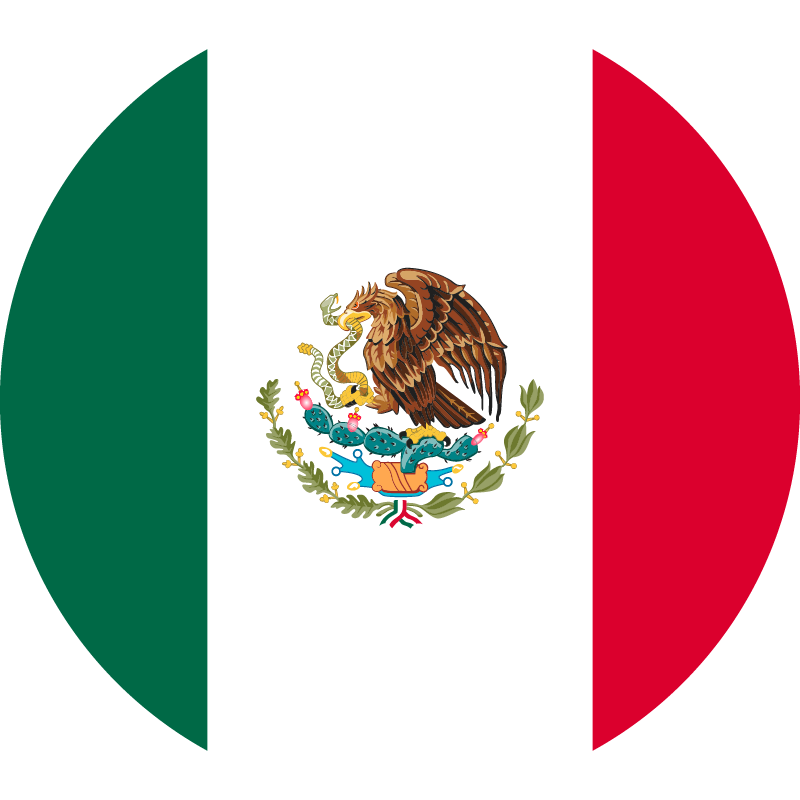
Colombia
Bogota Headquarters
93rd Street #16-46, Office 404, Zenn Office PH Building
Medellin
Carrera 43rd No. 7-50, Office 1102 - Dann Carlton Business Center
Cali
4 North Avenue #7N-46, 3rd Floor, Yoffice Office 14

Espain
Madrid
Calle Conde de peñalver, 45, entre planta oficina 2, 28006, Madrid

USA
Miami-Florida
1000 Brickell Av, PMB 5137

Mexico
Mexico DF
Av. Rio Misisipi 49 Int. 1402, Cuauhtémoc

Panama
City of Panama
Calle 50, edificio, torre BMW, San Francisco



